|
Without further fanfare...the cover of MURDER KNOCKS TWICE! I think it's gorgeous! Nice write-up in Criminal Element too!
1 Comment
 It's the Bees' Knees! It's the Bees' Knees! Well the cocktail break is finally over and I have returned to my blog!!! I’m no longer entrenched in the gritty plague-ridden world of 17th century London—I’ve now ventured into 1920s Chicago—a world that is both sparkling and shadowy. The first in my new series is called MURDER KNOCKS TWICE (Minotaur/St.Martin's), and it is set in a 1929 speakeasy on Chicago’s West Side. MURDER KNOCKS TWICE IS EXPECTED TO LAUNCH |
Susanna CalkinsHistorian. Mystery writer. Researcher. Teacher. Occasional blogger. Categories
All
Archives
May 2023
|
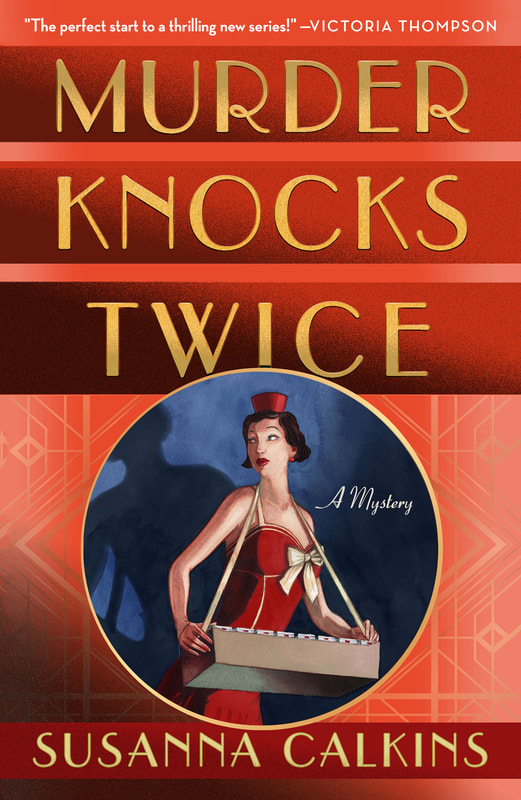
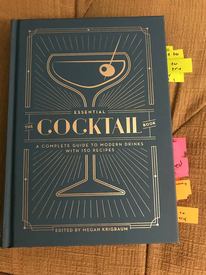
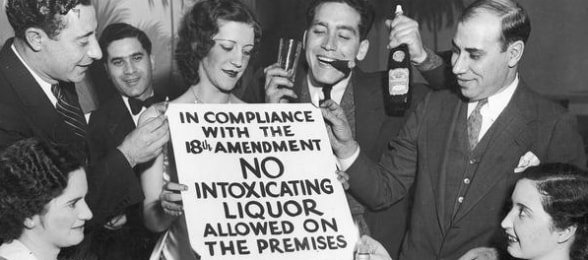
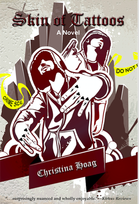

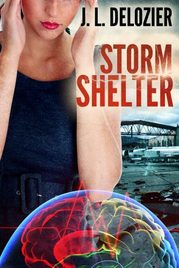

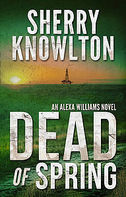
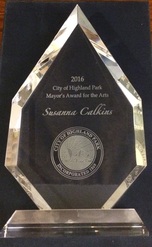
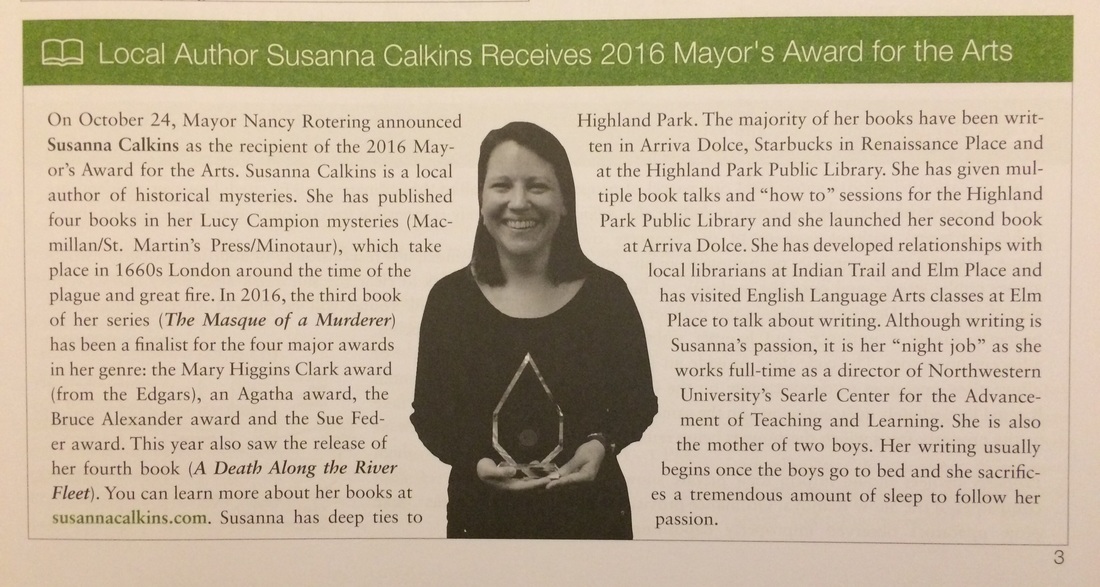
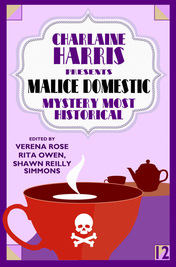


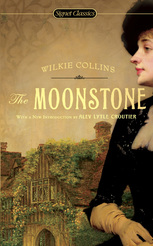
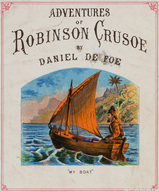
 RSS Feed
RSS Feed